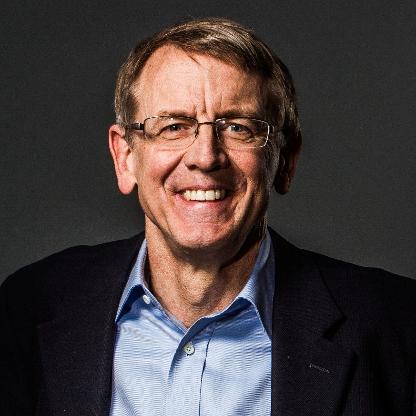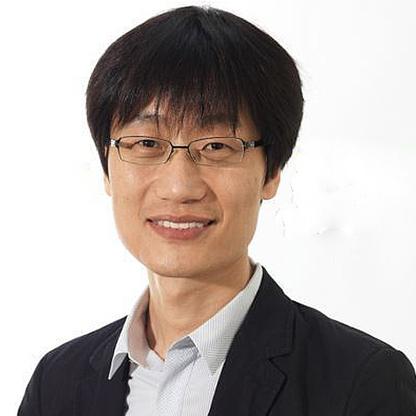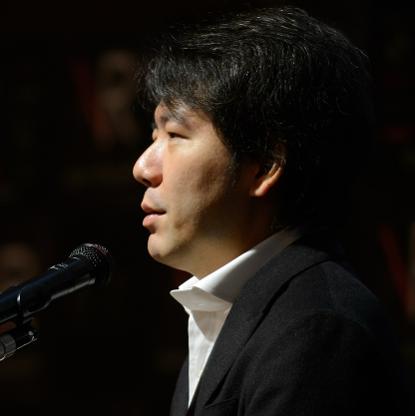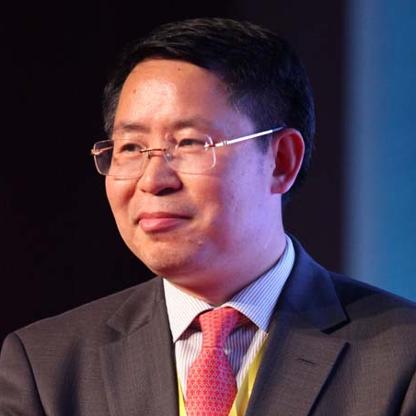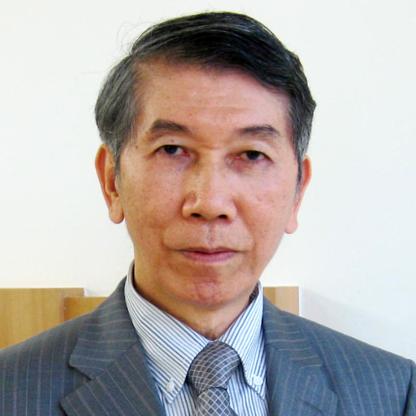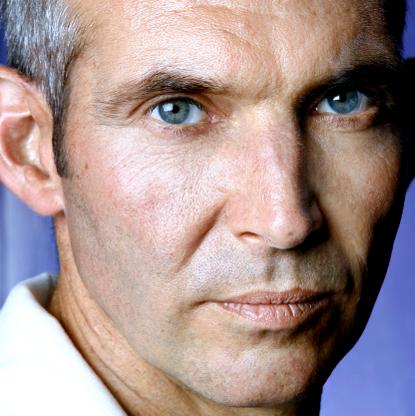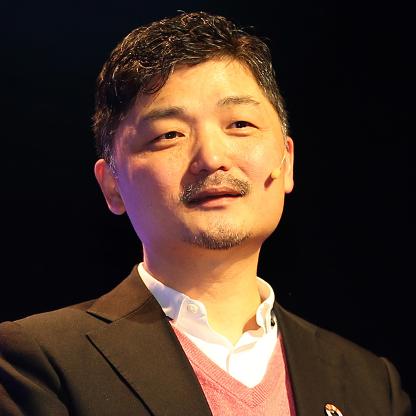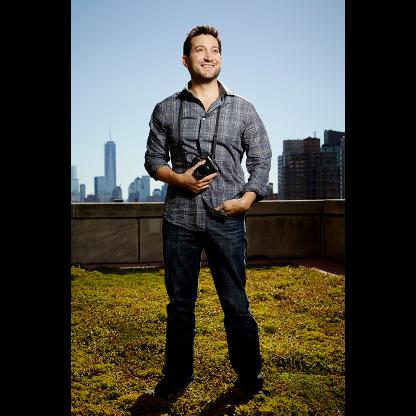While working at Founders Fund, Parker had been looking to invest in a company that could further Napster’s music sharing mission legally. In 2009 a friend showed him Spotify, a Swedish streaming music Service, and Parker sent an email to Spotify’s founder Daniel Ek. The pair traded emails, and in 2010 Parker invested US$15 million in Spotify. Parker, who currently serves on Spotify’s board, negotiated with Warner and Universal on Spotify's behalf, and in July 2011, Spotify announced its U.S. launch. At Facebook’s f8 conference that year, Parker announced a partnership between Facebook and Spotify, which allowed users to share their Spotify playlists on their Facebook profiles.
